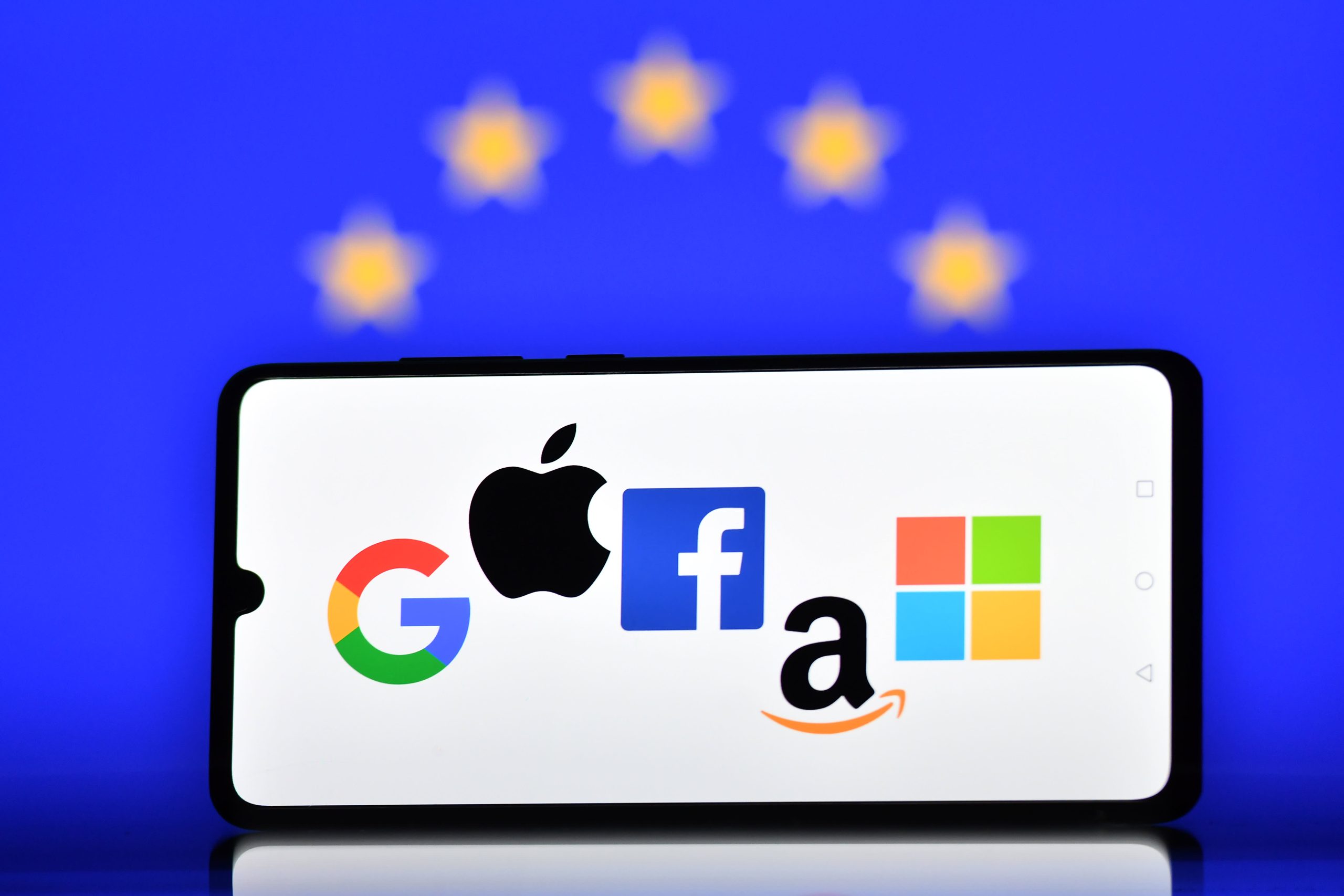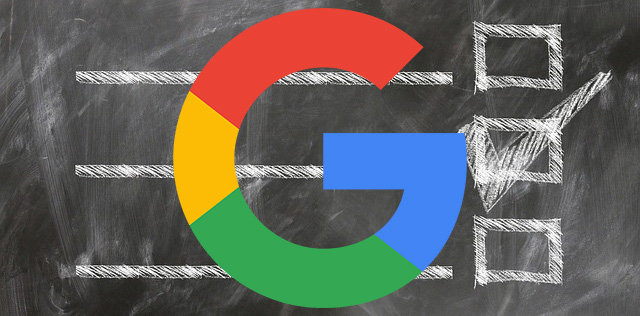Google Designated A “Gatekeeper” Under EU Rules: What It Means
Introduction In a significant development, Google has been designated as a “gatekeeper” under the new EU Digital Markets Act (DMA). This designation is part of the European Commission’s efforts to increase competition in the tech industry and limit the power of big tech companies. In this article, we will explore what this designation means for Google and how it will impact the company’s products and services.
What Does It Mean to Be a “Gatekeeper”?
Being designated as a “gatekeeper” means that Google will have to make certain changes to its products to give users more choices and control. The DMA aims to create a level playing field by ensuring that dominant tech companies don’t abuse their power and restrict competition. As a gatekeeper, Google will need to comply with specific regulations outlined in the DMA.
Impact on Google’s Products
To adhere to the DMA, Google will need to make changes to various products, including search, maps, and its app store on Android devices. The company has stated that it plans to consult experts to strike a balance between meeting the new requirements and providing a good user experience. Google’s focus will be on giving consumers more options to switch between platforms and providing better tools to manage their data.
Broader Impact on Big Tech
Google is not the only company affected by the DMA. Other major tech firms like Apple, Amazon, Meta, Microsoft, and ByteDance have also been designated as gatekeepers and will need to comply with the new rules. The DMA represents one of the world’s most stringent pieces of legislation targeting the market dominance of top technology companies globally. Its primary objective is to increase competition, protect consumer rights, and ensure a fair digital marketplace.
Key Objectives of the DMA
The DMA aims to achieve several key objectives that will impact the way big tech companies operate. Some of these objectives include:
- More Choices over Default Apps: The DMA will give people more choices over the default apps on their devices, allowing them to opt for alternatives to the pre-installed options.
- Alternative App Stores: Apple and Google will be required to allow other app stores on their respective platforms, giving users more options for downloading and installing apps.
- Interoperability of Messaging Apps: Messaging apps designated as gatekeepers, such as WhatsApp and iMessage, will need to be interoperable with other messaging services, allowing users to communicate seamlessly across different platforms.
- Equal Treatment for Services: Online platforms, including Amazon, Facebook, and Google, will no longer be allowed to give preferential treatment or higher rankings to their own services. The rules will require these companies to rank their offerings and those of their rivals equally.
Impact on Advertising
Under the DMA, gatekeepers like Google must obtain explicit permission before tracking users for advertising purposes. Business customers who use online advertising services from companies like Amazon, Google, and Meta will have the right to access data about their ad campaigns. This increased transparency aims to level the playing field and give advertisers more control over their advertising strategies.
Changes to App Stores
One significant change brought about by the DMA is that Apple and Google will have to allow other app stores on their platforms. Currently, Android users can download apps from sources other than the Google Play Store, but they need to disable certain security features. With the DMA in effect, users will have more options for app stores, providing greater competition and potentially more diverse app offerings. However, this change also raises concerns about potential security risks associated with third-party app stores.
Consumer Choice and Default Apps
The DMA will empower consumers to select their preferred default apps on their devices. Companies designated as gatekeepers will be required to make it easy for users to change default app stores, web browsers, maps apps, and other defaults to alternative options. This move aims to enhance competition and allow users to customize their digital experiences according to their preferences.
Impact on E-Commerce, Search Engines, and Social Media
The DMA’s regulations extend to various digital sectors, including e-commerce, search engines, and social media. Online platforms such as Amazon, Facebook, and Google will no longer be allowed to give preferential treatment or higher rankings to their own services. These companies will be required to rank their offerings and those of their rivals equally, fostering fair competition and leveling the playing field for businesses operating on these platforms.
Interoperability of Messaging Apps
Under the DMA, messaging platforms designated as gatekeepers will need to open up and connect with other messaging services. Users of gatekeeper platforms, such as WhatsApp or iMessage, will be able to communicate seamlessly with contacts using different messaging apps like Signal or Telegram. This interoperability aims to enhance user choice and promote competition among messaging services.
Conclusion
The designation of Google as a “gatekeeper” under the EU Digital Markets Act represents a significant development in the regulation of big tech companies. The DMA aims to increase competition, protect consumer rights, and ensure a fair digital marketplace. Google, along with other major tech firms, will need to comply with the regulations outlined in the DMA, making changes to their products and services to provide users with more choices and control. As the DMA takes effect, its impact on the tech industry will become more apparent, shaping the future of digital markets in Europe and potentially influencing global regulatory frameworks.




